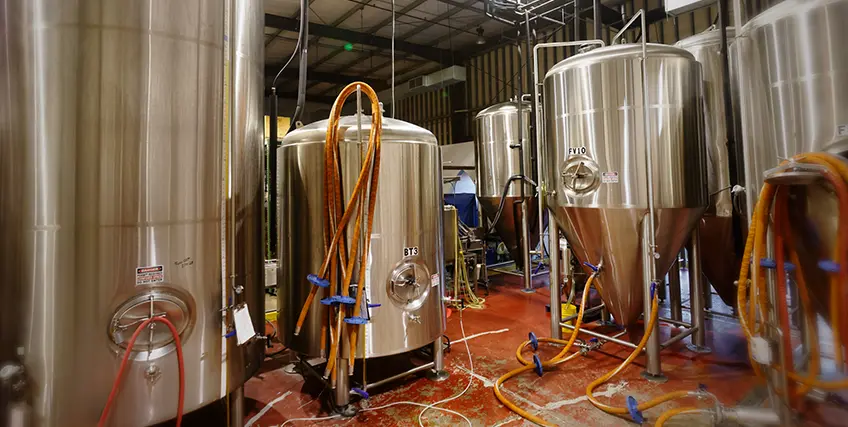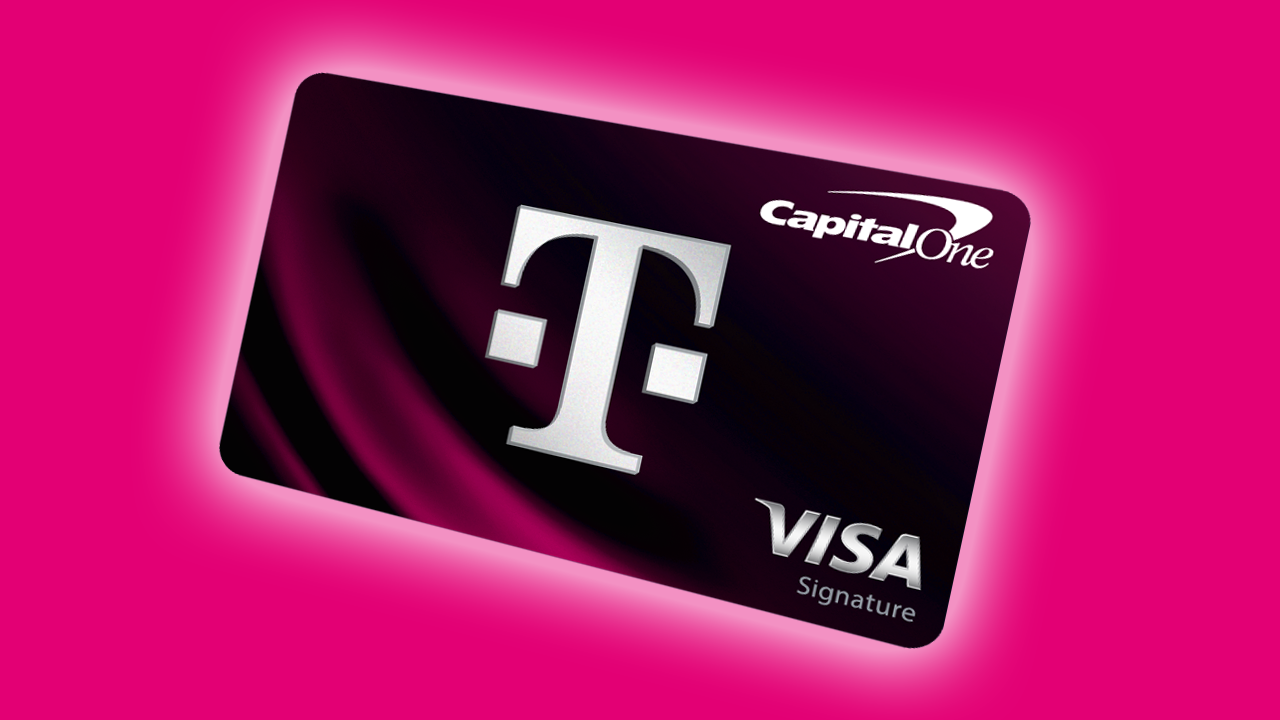With nearly 10,000 breweries in the U.S. (and nearly 500 opening every year) and over 2,000 distilleries, the competition is hot and the stakes are high for entrepreneurs in this industry. Whether you’re looking to launch your first location, increase market share, or expand your operations, securing the right financing is crucial. This guide provides essential tips for obtaining the necessary funding to start or expand your craft beverage business. From term loans to innovative funding methods, we offer practical advice to help you navigate the financial landscape of the craft beverage industry.
Key Takeaways
- Take the time to accurately assess your funding needs. This will ensure that you don’t overspend or underspend.
- Regardless of your needs, there are plenty of financing options available—both traditional and nontraditional.
- For craft beverage companies that are struggling, partnerships with other small businesses may help ease the burden and create a path to growth.
In this article:
Understanding Your Financing Needs
Starting a brewery costs an average of $250,000 to $1.5 million, according to the POS system provider Toast. That wide range highlights the necessity of accurately forecasting and budgeting for your startup or expansion costs. This will ensure that you get the right amount of funding for your needs.
Start by creating a detailed financial plan that will help you understand your funding requirements and prepare for potential challenges. This plan should include a comprehensive budget, projected cash flow, and financial projections for at least the first three years of operation.
Traditional Financing Options
Traditional financing options, such as bank loans and Small Business Administration (SBA) loans, are commonly used by breweries and distilleries. Bank loans can provide substantial funding, but they often require a strong credit history, collateral, and a detailed business plan.
Banks will closely scrutinize your financial statements, cash flow projections, and the overall viability of your business model before approving the loan. Preparing a solid business plan that includes detailed financial projections, market analysis, and a clear repayment strategy is crucial to increasing your chances of a successful loan application. Highlighting your business’s strengths, such as unique product offerings, market demand, and your team’s expertise in the craft beverage industry, can help reassure lenders of your preparedness.
SBA loans offer favorable terms, such as lower interest rates and longer repayment periods, making them an attractive option for startups in the brewery and distillery industry. These loans are designed to support small businesses, but they can be competitive and time-consuming to secure due to the stringent requirements and thorough application process. Demonstrating a solid understanding of the competitive landscape and potential risks can further reassure lenders of your preparedness for an SBA loan.
Another option is using personal savings to fund your brewery or distillery. This approach can show lenders that you have a vested interest in the success of your business. While it may not cover all startup costs, it can provide a significant financial boost and serve as a foundation for further funding efforts.
Seeking traditional investors, such as friends, family, or private investors, can also provide initial capital and demonstrate your commitment to potential lenders. These investors might be more willing to take a risk on your brewery or distillery if they believe in your vision and business plan. Combining these traditional financing methods can help you secure the necessary funds to start or expand your brewery or distillery successfully.
Alternative Financing Strategies
When traditional loans are not an option, alternative financing strategies can provide the necessary capital. Crowdfunding platforms like Kickstarter and GoFundMe allow you to raise funds from the public, often in exchange for rewards or equity. This approach can also help build a loyal customer base before you even open your doors.
Angel investors and venture capital firms are another viable option, especially for businesses with high growth potential. These investors provide capital in exchange for equity or convertible debt and can offer valuable business advice and connections. While these options may involve giving up some control over your business, they can also provide the financial support needed to grow your brewery or distillery.
Partnerships and Joint Ventures
Entering partnerships or joint ventures can offer significant financial relief and shared resources, making the journey of starting or expanding a brewery or distillery more manageable. By teaming up with another business or investor, you can reduce your financial burden while pooling resources for mutual benefit. This kind of partnership not only eases financial pressures but also brings in additional expertise and market opportunities.
For instance, partnering with a local restaurant, food truck, or bar can create a win-win situation where both businesses benefit from increased exposure and shared customer bases. This symbiotic relationship can lead to joint marketing efforts, co-hosted events, and a stronger community presence, ultimately driving growth for both partners.
Leasing Equipment vs. Buying
When starting a distillery or brewery, many entrepreneurs assume that they have to buy all of their equipment. While this may be the right option for some, leasing is another option to consider that can reduce upfront costs and provide flexibility, allowing you to upgrade easier as technology advances. However, leasing may result in higher long-term costs and fewer tax benefits.
Buying equipment requires a larger initial investment but can be more cost-effective in the long run. Ownership also allows for depreciation tax deductions and eliminates the need for lease renewals. Evaluate your financial situation and long-term plans to determine which option is best for your business.
Conclusion
Don’t let your dream of opening a brewery or distillery become a pipe dream. With the right planning, you can find the financing that can make your dream a reality. Whether through traditional loans, alternative financing, or strategic partnerships, a well-planned funding strategy will help you achieve your goals and thrive in the craft beverage industry.
FAQ
Begin by creating a detailed business plan, estimating startup and expansion costs, and exploring both traditional and alternative financing options.
Conduct thorough research to estimate costs for equipment, ingredients, licensing, staffing, and marketing. Develop a comprehensive budget and financial projections.
SBA loans and traditional bank loans are commonly used. SBA loans offer favorable terms, while bank loans require strong credit and collateral.
Consider crowdfunding, angel investors, venture capital, and partnerships or joint ventures to secure funding.
Avoid underestimating costs, neglecting a solid business plan, and failing to explore all available funding options.
Learn about the Biz2Credit financing process
Publisher: Source link











